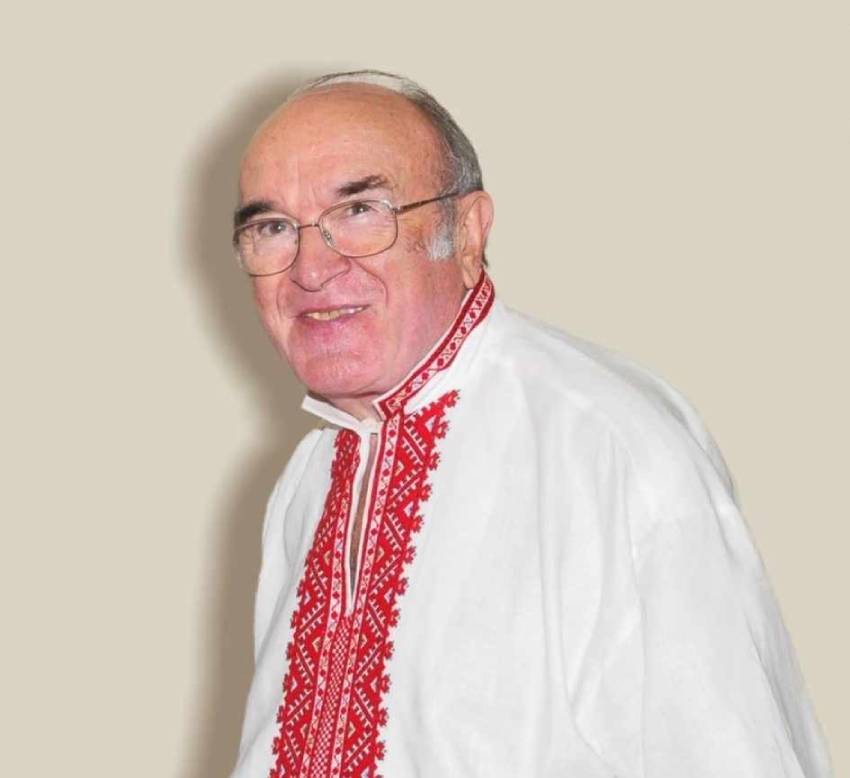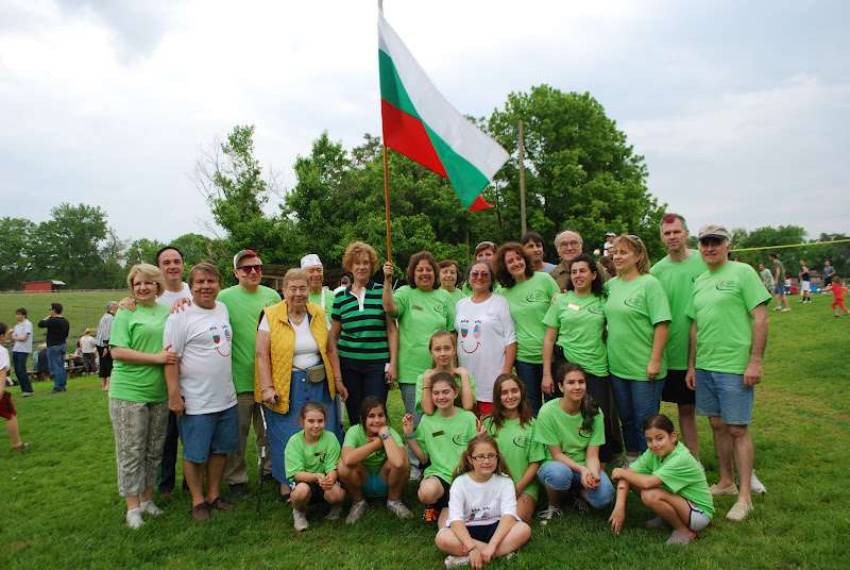There are quite a few Bulgarians who must be remembered and talked about more often, as they have left a bright mark in various social spheres. Some of them did it in this country, while others - as emigrants. Today we focus on surgeon Georgi Lazarov, whose life was full of vicissitudes but he remained forever linked to Bulgarian culture.
Born in Plovdiv in 1931, where he graduated from a French College and then studied medicine, the doctor later founded a Center for Hand Surgery in the city, but the totalitarian system was hampering his development and work. He left for Libya, where he opened the Traumatology Department in the city of Benghazi. He stayed there for a year and then ended up in France. Later he learned that the USA needed young doctors, so he took the risk and left in 1970. A few years later, he was already working as a hand surgeon in a hospital in the city of Baltimore and he remained fully dedicated to his profession until retirement.

On September 16 this year, this enlightener for the Bulgarian community in the region of Washington State passed away at the age of 92. However, he left behind an extremely rich spiritual heritage and many good deeds done for our compatriots across the ocean, in Bulgaria and for his fellow citizens in Plovdiv.
"He not only loved culture in all its dimensions, he supported it with all his soul and heart," Assen Assenov, professor of economics at the American University in Washington says. Dr. Lazarov's great love for music prompted him to organize competitions for new Bulgarian symphonic music in unequal time signature characteristic of Bulgarian folklore.
"In 2009, he called me and told me we need to do something for our community in Washington and to organise a regular Bulgarian event. He wanted to create our own music society and that is what actually happened. We created the Bulgarian Music Society that currently starts its 15th season with concerts in Washington. Its purpose is to be a forum for Bulgarian musicians who perform works by Bulgarian composers. With funds provided by Dr. Lazarov, we also bought the piano we needed for the purpose," Assen Assenov says in an interview with Radio Bulgaria.
Dr. Lazarov supported dozens of performances in the field of culture. He also provided much help to Bulgaria after the democratic changes in 1989:

"I mentioned his help related to culture and music, but few people know that during the crisis in Bulgaria in the early 90s, he supported humanitarian initiatives related to the purchase of medical equipment and medicines for hospitals. Citizens of Sofia or Plovdiv should also know that the creation of some emblematic monuments in the two cities was also sponsored by Dr. Lazarov."

During his lifetime, the Bulgarian surgeon and benefactor also had another ambition:
"One of his dreams was to build a Bulgarian church in the region of Baltimore. This is already a fact and the patron of the church is the Virgin Mary. It has very interesting stained glass windows, the work of artist Stavri Kalinov," Assen Assenov says and adds that the Bulgarian community faces an important choice and has the duty to preserve the memory of their doyen. "Dr. Lazarov left behind a collection of icons, paintings, books and other objects of art and we have been thinking what to do so that this collection can continue to inspire our children and those around us. We would like a part of his collection to be donated to the Bulgarian Music Society and the Center of the Bulgarian Community in Washington."
English publication: Al. Markov
Photos: Personal archive of Dr. Assenov
From today, residents of Stara Zagora, young and old, can send their letter to Santa Claus. A letterbox has been set up in the foyer of the city's State Puppet Theatre to collect messages for Father Christmas. The cultural institution guarantees that..
A Christmas tree with Bulgarian decorations has been placed in a central location at the Griffin Museum of Science and Industry in Chicago. For the fifth consecutive year, Bulgarians living in Chicago crafted the lavish decoration of the Bulgarian..
The usurpation of cultural heritage is one of the many inevitable consequences of any military conflict, both historically and today. Until the end of the war in Ukraine, it is impossible to adequately analyse the extent of the damage caused to the..

+359 2 9336 661
